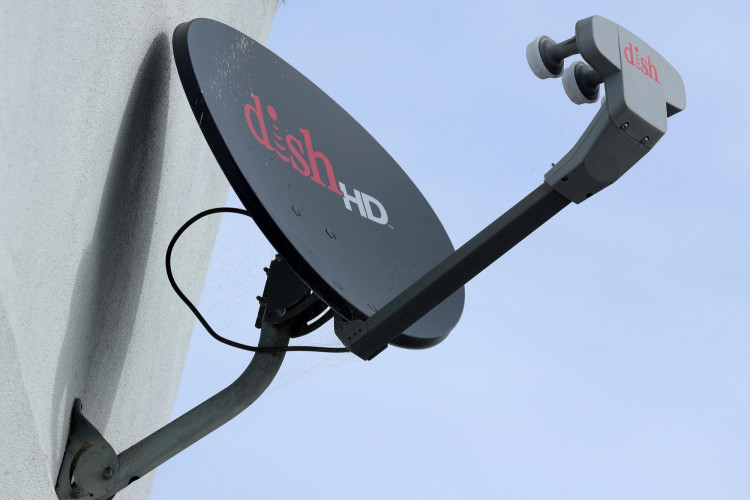Two of the US' largest satellite TV providers, Direct TV and Dish Network, are reportedly planning a merger to better deal with competitors and the growing popularity of the on-demand video streaming services.
Dish Network chairman, Charlie Ergen, mentioned during his company's fourth-quarter 2019 earnings call that a merger between the two providers is "inevitable." Ergen stated that a potential merger is likely to happen amid the general slump in the satellite TV industry.
During its fourth quarter last year, Dish Network revealed that it had lost over 100,000 satellite TV subscribers as well as over 94,000 Sling TV subscribers. This was reportedly the first time that the company had experienced a subscriber decline for its Sling TV service.
In contrast, the decline in its subscribers pales in comparison to the numbers reported by the company in 2018. During the same period in 2018, Dish Network had lost close to 386,000 subscribers. Nevertheless, the continual subscriber decline is bad news for the company, which is now hanging by a thread. For the entire year of 2019, Dish Network lost a net total of 511,000 subscribers, half of the 1.13 million subscribers lost in 2018.
The downward trend in its business is likely the main reason why Dish Network may be considering a merger with its closest rival. Ergen's comments were essentially suggesting that both companies get together to become a stronger entity amid the uncertain business environment.
A merger between the two companies will likely be a complicated process given that Direct TV is currently owned by A&T. However, if AT&T is willing to sell its satellite TV business to Dish Network, then negotiations would be much easier. Industry experts have pointed out that AT&T may be willing to do that as it would allow it to focus more on its more profitable video streaming businesses such as HBO Max.
Another possible roadblock for the merger is that it may attract the attention of anti-competitive regulators in the United States. Both Dish Network and Direct TV already make up a majority of the satellite TV market in the country. In 2002, both companies had floated the idea of a merger, but the plan was stopped in its tracks over concerns of eliminating competition.
That is however not the case anymore in 2020 as non-traditional internet TV services and online video streaming are slowing taking over the market. Ergen noted that fact during his speech and explained that it would be very hard for older players to compete against the new big players in the market without them working together.






